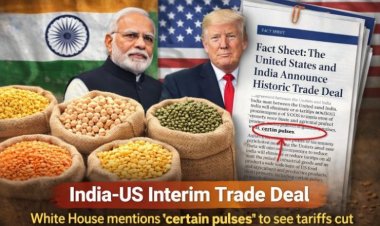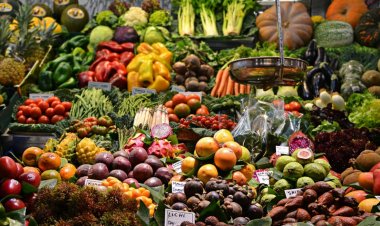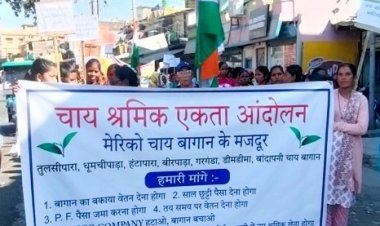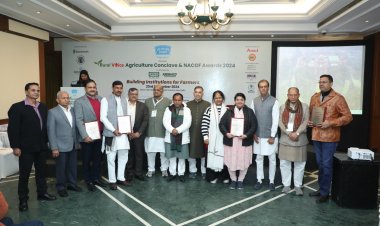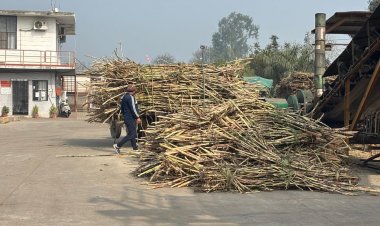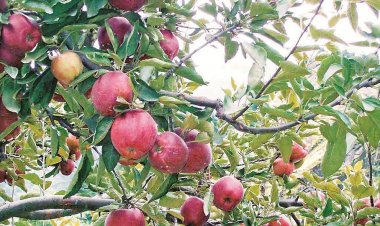Pakistan does a U-turn on the decision to import from India though sugar prices are at Rs 96-100 a kilo
There was some bustle in the trade relations between India and Pakistan for a couple of days after Pakistan decided on Wednesday to import sugar from India, but the earlier stagnation came back in place on Thursday. Thanks to Pakistan’s recalcitrance on diplomatic issues, the sweetness of the sugar trade between India and Pakistan disappeared even before it could be felt. With this, Pakistan’s attempt to rein in the high prices of Rs 96-100 (approx. INR 50) a kilo has failed. For India, on the other hand, this will make little difference to attaining its target of exporting 60 lt of sugar as the global prices and demand are rising.
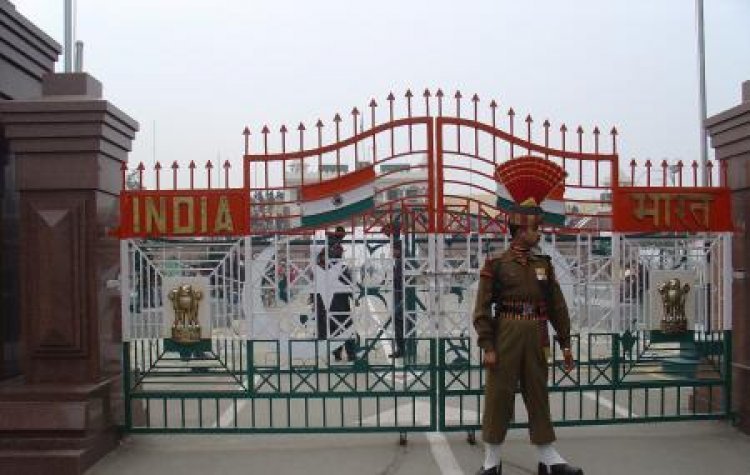
There was some bustle in the trade relations between India and Pakistan for a couple of days after the Economic Coordination Council (ECC) of Pakistan decided on Wednesday to import 5 lakh tonnes (lt) of sugar from India. But the earlier stagnation came back in place with the Pakistan government on Thursday deciding not to go ahead with Wednesday’s proposal. Thanks to Pakistan’s recalcitrance on diplomatic issues, the sweetness of the sugar trade between India and Pakistan disappeared even before it could be felt. With this, there is little hope of respite for Pakistani citizens, who have no other option but to buy sugar at the high prices of Rs 96-100 (approx. INR 50) a kilo.
The ECC had announced on Wednesday that Pakistan would import 5 lt of sugar from India in order to rein in sugar prices during the month of Ramadan, which starts on April 12. But reports came in as early as Thursday evening that the Pakistan Cabinet had rejected the decision. Reduced production has led to a phase of sugar prices rising fast in Pakistan. India has a solution to this crisis but the Pakistan Government’s U-turn on the ECC decision has put paid to the possibility of import.
Domestic sugar industry organization Indian Sugar Mills Association (ISMA), too, had said in a press release on Thursday that they were desirous of exporting sugar to Pakistan, but by evening the Pakistan cabinet negated the possibility of sugar import from India.
Sources in the sugar industry told RuralVoice that the ECC of Pakistan had taken the decision to import. The reason behind this was the prevailing price level of sugar in Pakistan at Rs 96-100 a kilo. Ramadan starts on April 12. This may lead to a further rise in prices. Given this, the most pragmatic way of curbing prices in Pakistan is to import sugar from India. Sugar may be transported to Pakistan in trucks via Wagha Border in the least possible time. This may fast curb the prices. In fact, sugar production in Pakistan went down from 52 lt in 2018-19 to 48.19 lt in 2019-20. According to the Pakistan Sugar Mills Association, this reduction has been on account of loss of sugar recovery and productivity from sugarcane. Now, the annual consumption of Pakistan is to the tune of 55 lt. The result was seen in terms of a high rise in prices, which had reached around Rs 95 as early as September 2020. This comes approximately to INR 50. Compare this to the retail price of sugar in the Indian markets — Rs 37-38 (INR) a kilo.
The other alternative Pakistan has is to import sugar from Brazil, which is the only other country to produce as much sugar as India does or more. Apart from India, Thailand is another Asian country that enjoys a place in the export market. But the production of sugar has gone down this year in Thailand, providing India the opportunity to export to a market like Indonesia. Sources in the sugar industry say that if Pakistan imports sugar from Brazil, it would take at least 45 days for the commodity to reach the markets in Pakistan from the Latin American country. Brazil is currently passing through a terrible phase of the Covid-19 pandemic. This is leading to major problems in the availability of ships there. So, this would only exacerbate the situation in Pakistan. Given this scenario, the ECC’s decision was a pragmatic one.
In light of the improved demand in the international market this year, the Indian sugar mills have already made export deals for 45 lt. The government has set the quota of sugar exports at 60 lt in the current season. Sugar mills say that with eight months still to go, attaining this quota should not be a problem. Thus, Pakistan’s decision not to import sugar from India will not lead to any problem for the latter in attaining its target. The truth is that had Pakistan stood by its decision to import sugar from India, the former would have benefited a lot from the deal.
Sugar mills are currently getting Rs 24-25 a kilo as ex-mill prices for export. The government is paying a subsidy of Rs 6 a kilo to the sugar mills. Combining the two, we find that the sugar mills are earning Rs 30-31 a kilo from exports. The mills got up to Rs 26-27 a kilo as ex-mill prices some time back on account of better prices in the international market. The government has fixed the Minimum Selling Price (MSP) at Rs 31 a kilo for the domestic market.



 Join the RuralVoice whatsapp group
Join the RuralVoice whatsapp group

















